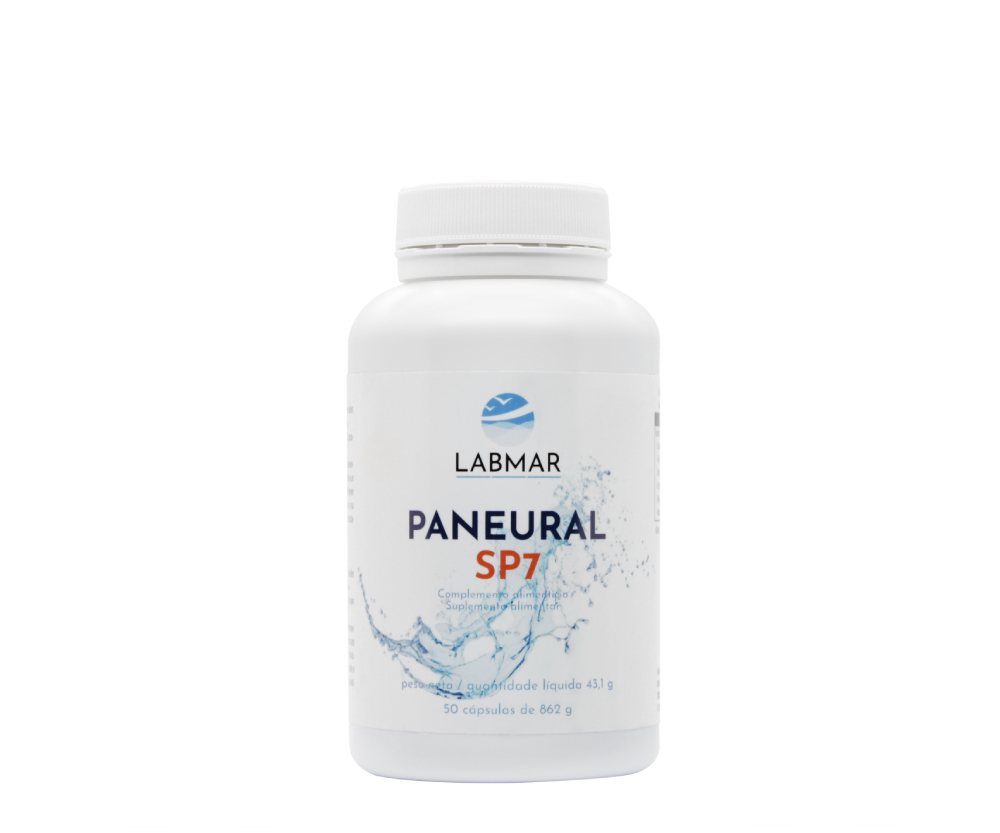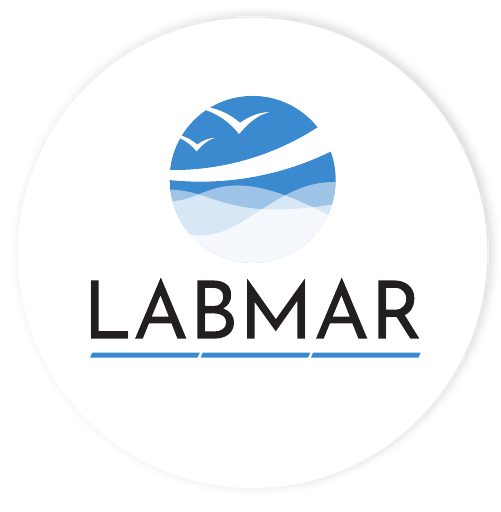
Composición
Óleo ecológico de Espinho amarelo Puredia Sea Berry® Omegia® (Hippophae rhamnoides L. Óleo de bagas).
Cápsula: gelatina, glicerina com tecnologia de microencapsulação TRICAP®, água.
| Omegia ® Hippophae rhamnoides L. (fruta e semente de espinho amarelo) | Por 500mg | |
| Omega 3 | >= 13% | >= 65mg |
| Omega 6 | >= 10% | >= 50mg |
| Omega 7 | >= 30% | >= 150mg |
| Omega 9 | >= 18% | >= 90mg |
| Vitamina E | >= 450mg/100g | >= 2,5mg |
| B- caroteno | >= 100mg/100g | >= 500µg* |
* corresponde a 83μg de Vitamina A
(Composição por cápsula)
Composición
Óleo ecológico de Espinho amarelo Puredia Sea Berry® Omegia® (Hippophae rhamnoides L. Óleo de bagas).
Cápsula: gelatina, glicerina com tecnologia de microencapsulação TRICAP®, água.
| Omegia ® Hippophae rhamnoides L. (fruta e semente de espinho amarelo) | Por 500mg | |
| Omega 3 | >= 13% | >= 65mg |
| Omega 6 | >= 10% | >= 50mg |
| Omega 7 | >= 30% | >= 150mg |
| Omega 9 | >= 18% | >= 90mg |
| Vitamina E | >= 450mg/100g | >= 2,5mg |
| B- caroteno | >= 100mg/100g | >= 500µg* |
* corresponde a 83μg de Vitamina A
(Composição por cápsula)

Advertências
Recomenda-se não superar a dose diária recomendada. Não substitui uma alimentação variada e equilibrada e um modo de vida saudável. Conservar em lugar fresco e seco.
Manter fora do alcance das crianças mais pequenas. Consulte o seu médico ou farmacêutico no caso de tomar anticoagulantes.
Modo de utilização
Recomenda-se tomar uma a duas cápsulas por dia.
Forma de apresentação
Frasco com 50 cápsulas de 500 mg.
Bibliografia
1.- Alasalvar, C., & Bolling, B. W. (2015). Review of nut phytochemicals, fat- soluble bioac-tives, antioxidant components and health effects. Br J Nutr, 113 Suppl 2, S68-78.
2.- Balkrishna, A., Sakat, S. S., Joshi, K., Sharma, V., Ranjan, R., Bhattacharya, K., & Varsh-ney, A. (2019). Cytokines Driven Anti-Inflammatory and Anti-Psoriasis Like Efficacies of Nutraceutical Sea Buckthorn (Hippophae rhamnoides) Oil Front Pharmacol, 10, 1186.
3.- Bouras, K., Kopsidas, K., Bariotakis, M., Kitsiou, P., Kapodistria, K., Agrogiannis, G., . . . Perrea, D. (2017). Effects of Dietary Supplementation with Sea Buckthorn (Hippophae rhamnoides L.) Seed Oil on an Experimental Model of Hypertensive Retinopathy in Wistar Rats. Biomed Hub, 2(1), 1-12.
4.- Dulf, F. V. (2012). Fatty acids in berry lipids of six sea buckthorn (Hippophae rhamnoides L. subspecies carpatica) cultivars grown in Romania. Chem Cent J, 6(1), 106.
5.- Guo, R., Guo, X., Li, T., Fu, X., & Liu, R. H. (2017). Comparative assessment of phytochem-ical profiles, antioxidant and antiproliferative activities of Sea buckthorn (Hippophaë rham-noides L.) berries. Food Chem, 221, 997-1003.
6.- Jiang, F., Guan, H., Liu, D., Wu, X., Fan, M., & Han, J. (2017). Flavonoids from sea buck-thorn inhibit the lipopolysaccharide-induced inflammatory response in RAW264.7 macro-phages through the MAPK and NF-kB pathways. Food Funct, 8(3), 1313-1322
7.- Koyama, T., Taka, A., & Togashi, H. (2009). Effects of a herbal medicine, Hippophae rhamnoides, on cardiovascular functions and coronary microvessels in the spontaneously hypertensive stroke-prone rat. Clin Hemorheol Microcirc, 41(1), 17-26.
8.- Olas, B. (2018). The beneficial health aspects of sea buckthorn (Elaeagnus rhamnoides (L.) A.Nelson) oil. J Ethnopharmacol, 213, 183-190.



